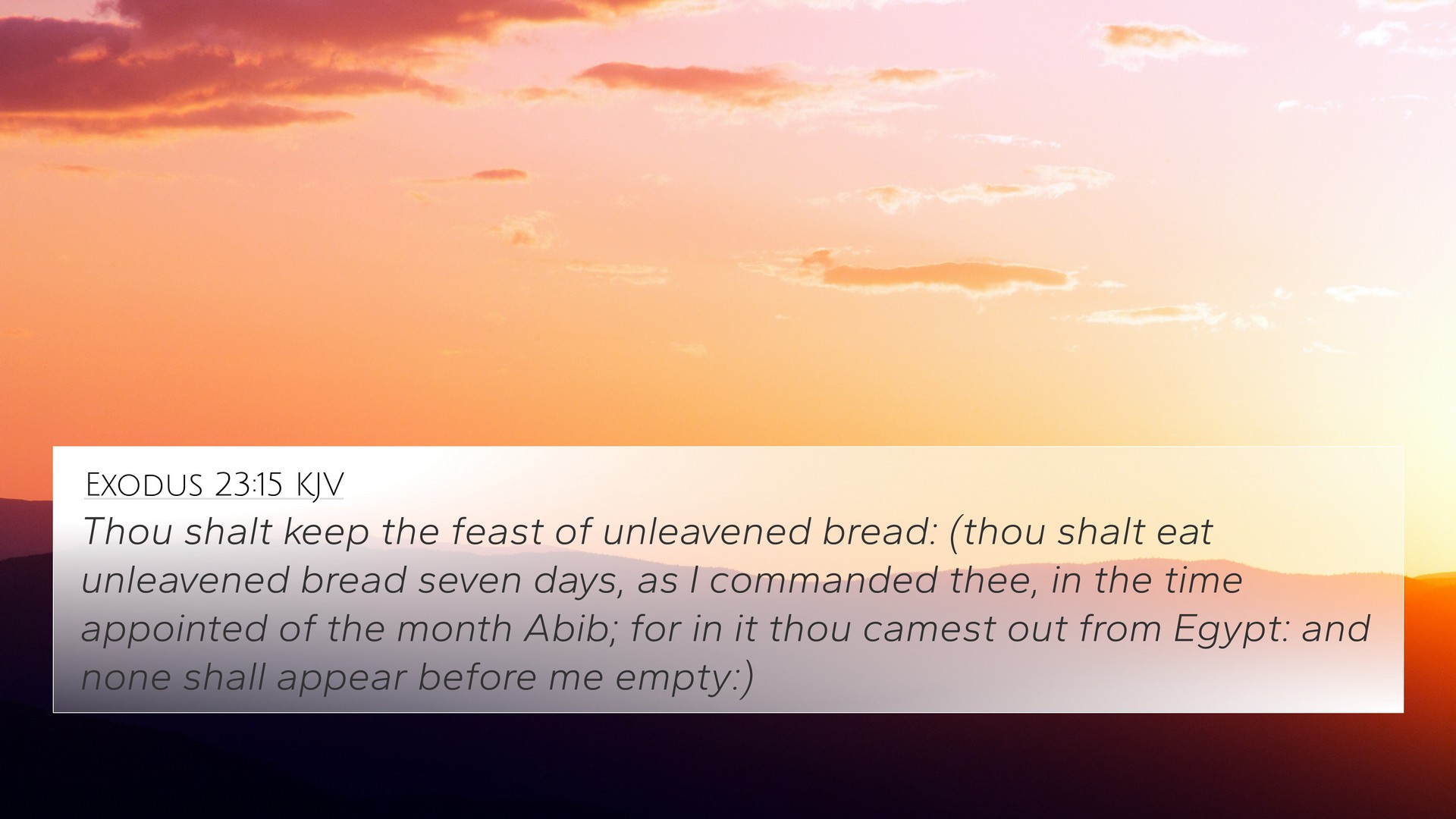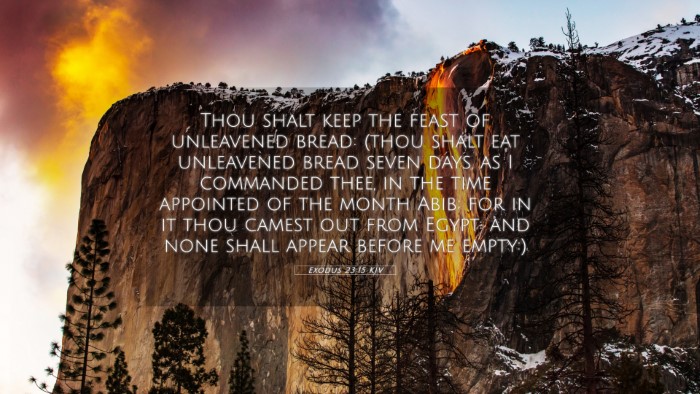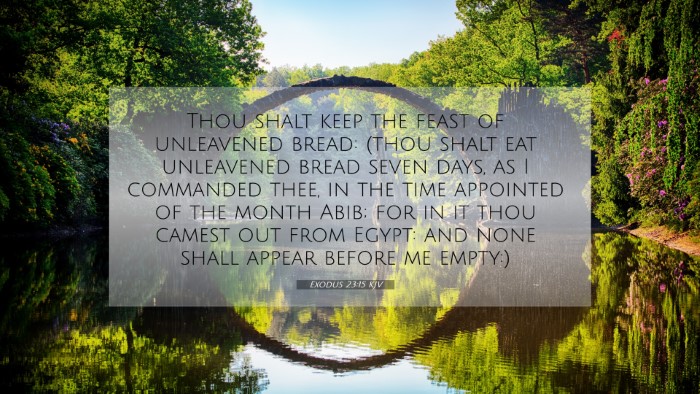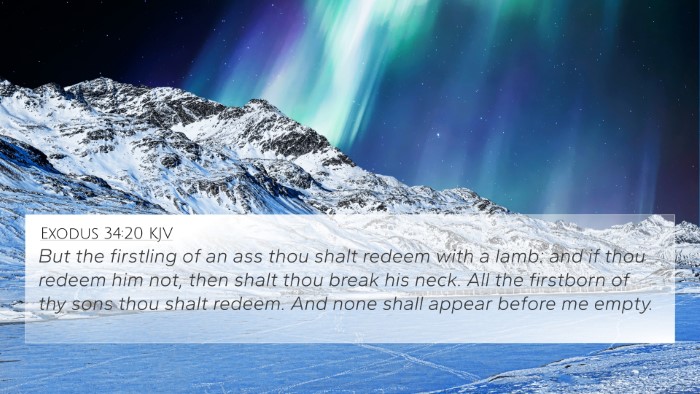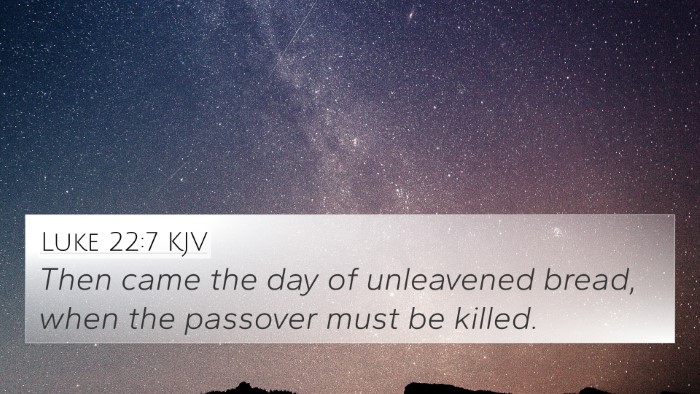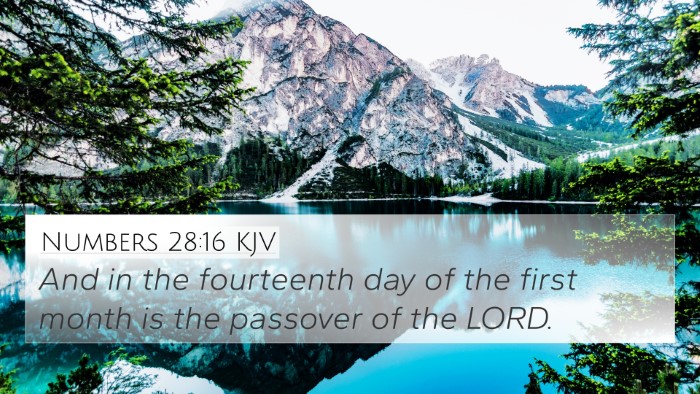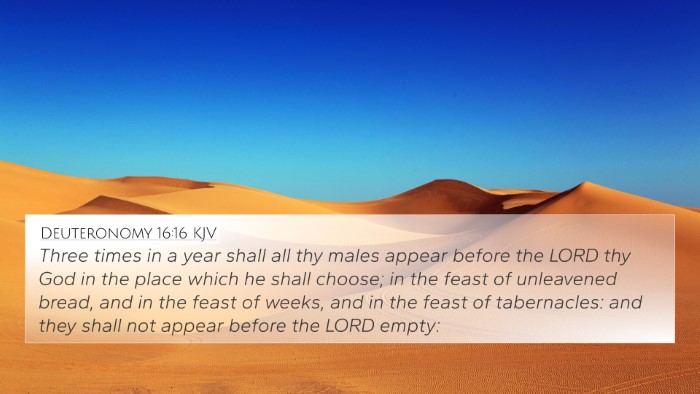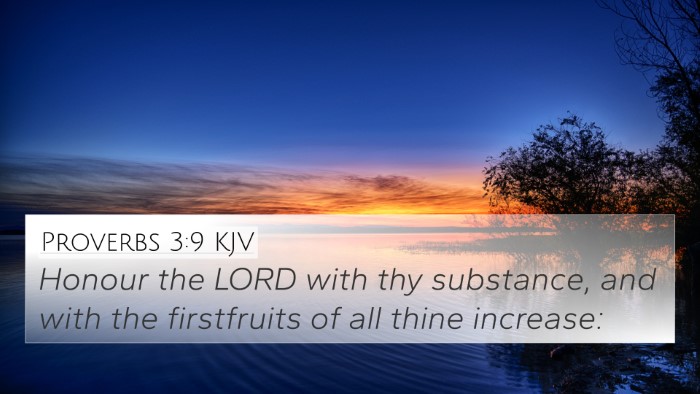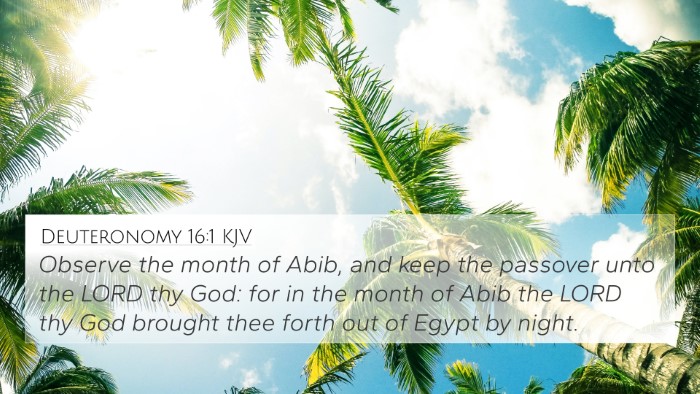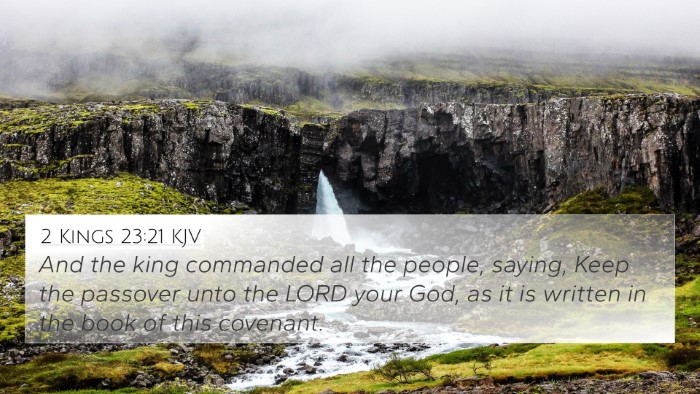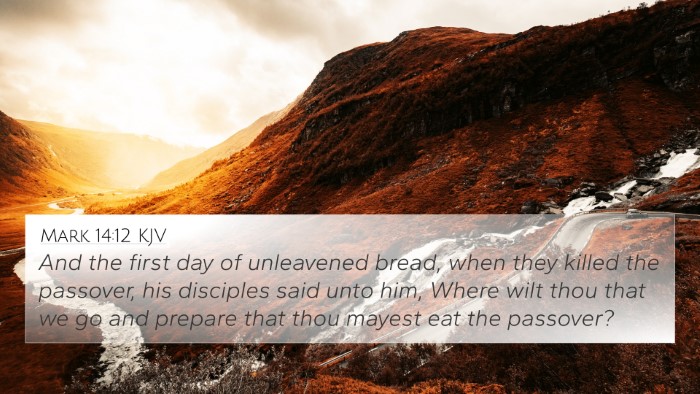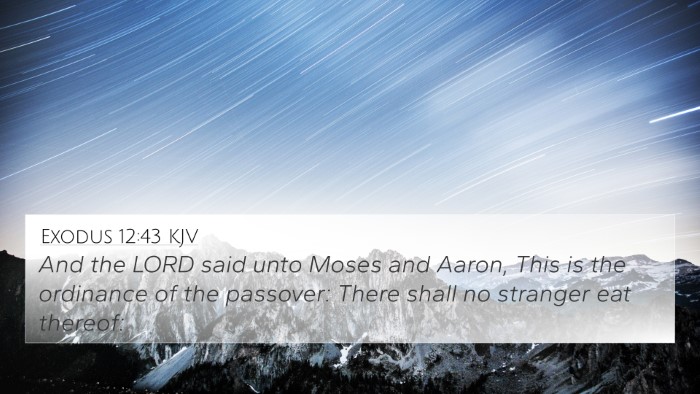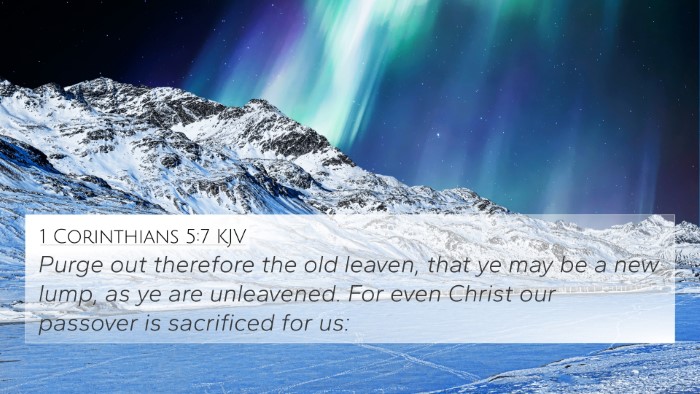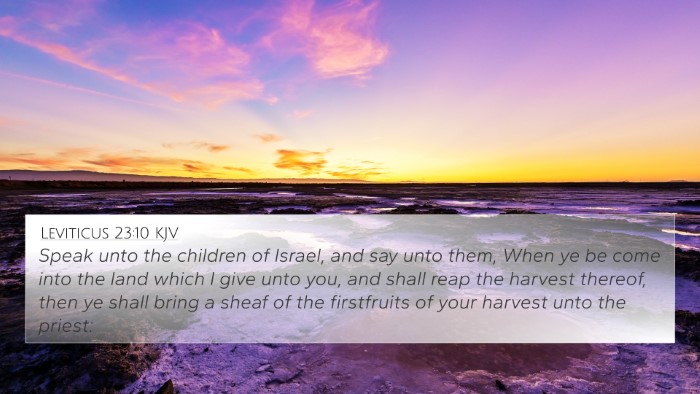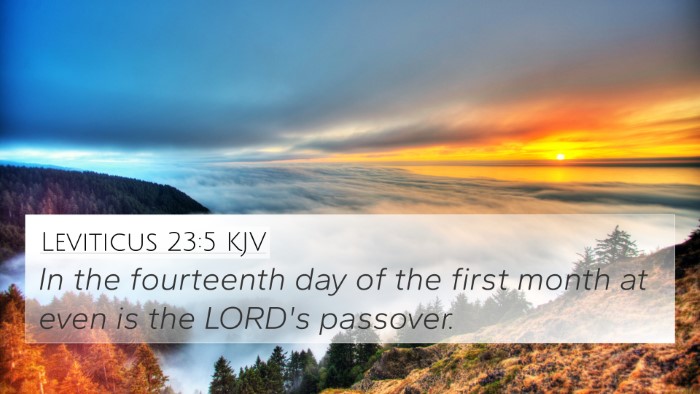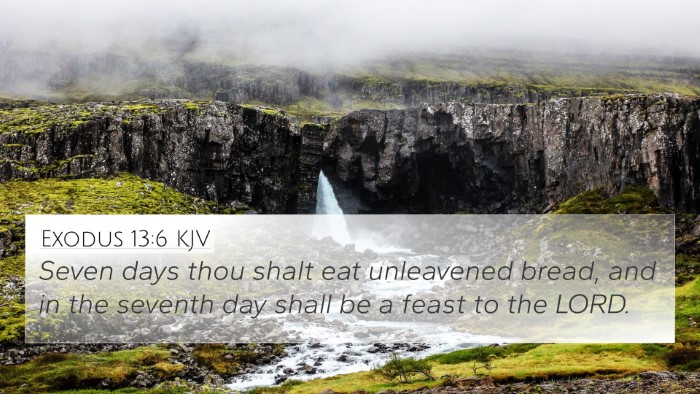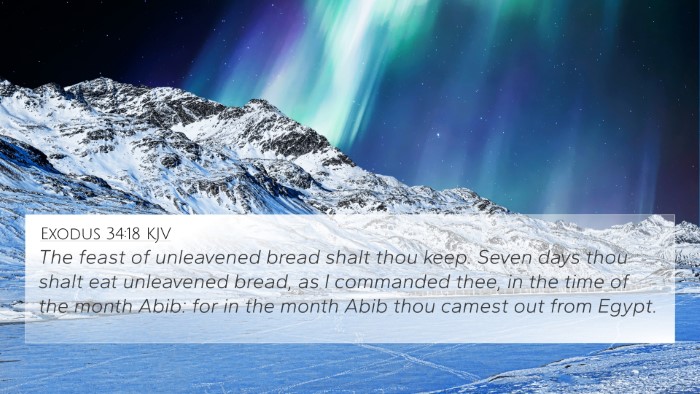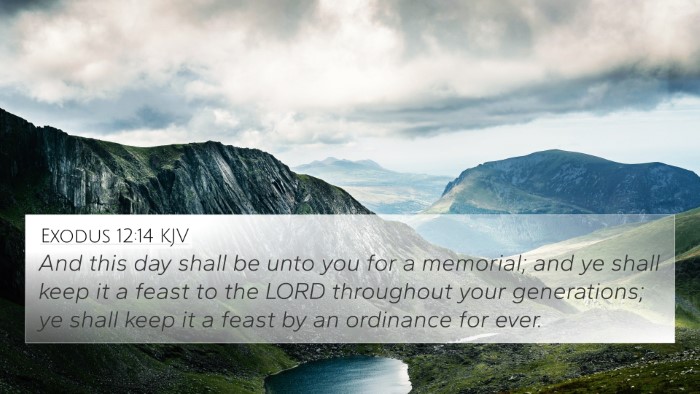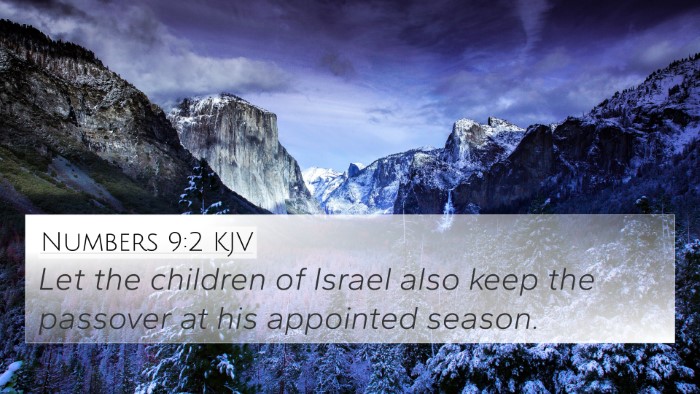Understanding Exodus 23:15
Exodus 23:15 states: "You shall keep the Feast of Unleavened Bread. As I commanded you, you shall eat unleavened bread for seven days at the appointed time in the month of Abib, for in the month of Abib you came out of Egypt. None shall appear before Me empty-handed."
Overview
This verse is part of God’s instructions to the Israelites concerning their worship and festivals, emphasizing obedience, remembrance, and gratitude towards God for their deliverance from Egypt.
Themes in Exodus 23:15
- Feast of Unleavened Bread: Signifies the quick departure from Egypt and the purity expected in worship.
- Remembrance: Highlights the importance of remembering God's deliverance and blessings in their lives.
- Obedience: Calls for adherence to God's commandments as a demonstration of faith.
- Worship and Offering: Stresses that worship should include a tangible expression of gratitude.
Commentary Insights
Matthew Henry's Commentary
Matthew Henry emphasizes the significance of the Feast of Unleavened Bread as a reminder of the haste with which the Israelites left Egypt. It serves as a symbol of God’s deliverance and a call to purity in their lives. He notes that the specifics of the feast—eating unleavened bread for seven days—demonstrate God's desire for His people to actively remember their history and cultivate holiness.
Albert Barnes' Notes
Albert Barnes provides insights into the "month of Abib," marking the time when Israel was delivered from slavery. He highlights that appearing before God empty-handed signifies the importance of gratitude and the acknowledgment of God's provisions. Barnes connects the notion of offerings to the general principle of thanksgiving and generosity in worship.
Adam Clarke's Commentary
Adam Clarke notes that the Feast of Unleavened Bread not only commemorates historical events but instructs the people in spiritual discipline. He discusses how unleavened bread symbolizes purity and the absence of sin, drawing parallels with New Testament teachings about sin and righteousness. Clarke also emphasizes the call to bring offerings as a way to acknowledge God’s blessings in every aspect of life.
Related Bible Cross-References
- Exodus 12:15 - Details the origin and observance of the Feast of Unleavened Bread.
- Leviticus 23:6 - Further instructions on the Festival of Unleavened Bread.
- Deuteronomy 16:3 - Reminds the Israelites to remember their deliverance during this feast.
- Matthew 26:17 - Connects the Last Supper of Jesus, which was during Passover.
- 1 Corinthians 5:7 - Paul speaks of Christ as our Passover lamb, aligning with themes of unleavened bread.
- John 6:48 - Jesus declares Himself as the Bread of Life, which has roots in the symbolism of bread in Exodus.
- Hebrews 11:28 - Refers to faith in the Passover, linking back to the importance of remembrance.
Tools for Bible Cross-Referencing
Engaging in a thorough study of the Scriptures can be greatly facilitated through the use of a Bible concordance and a cross-reference guide. These tools allow for the effective cross-referencing of Biblical texts, enhancing our understanding of connections between verses, themes, and teachings across both the Old and New Testaments.
How to Use Bible Cross-References
To use cross-references, one should:
- Identify a key verse, like Exodus 23:15.
- Consult a Bible reference resource or concordance to find related scriptures.
- Study the thematic and contextual connections between verses.
- Reflect on how the verses relate to each other in terms of teachings and implications for modern faith.
Conclusion
Exodus 23:15 is a rich and instructive verse that connects deeply with themes of deliverance, remembrance, obedience, and proper worship. By examining this verse through the insights of public domain commentaries and exploring its related scriptures, we can gain a profound understanding of its implications. Utilizing tools for Bible cross-referencing and engaging in comparative Bible verse analysis can further enhance our appreciation of the intricate web of connections that exist within the Scriptures.
